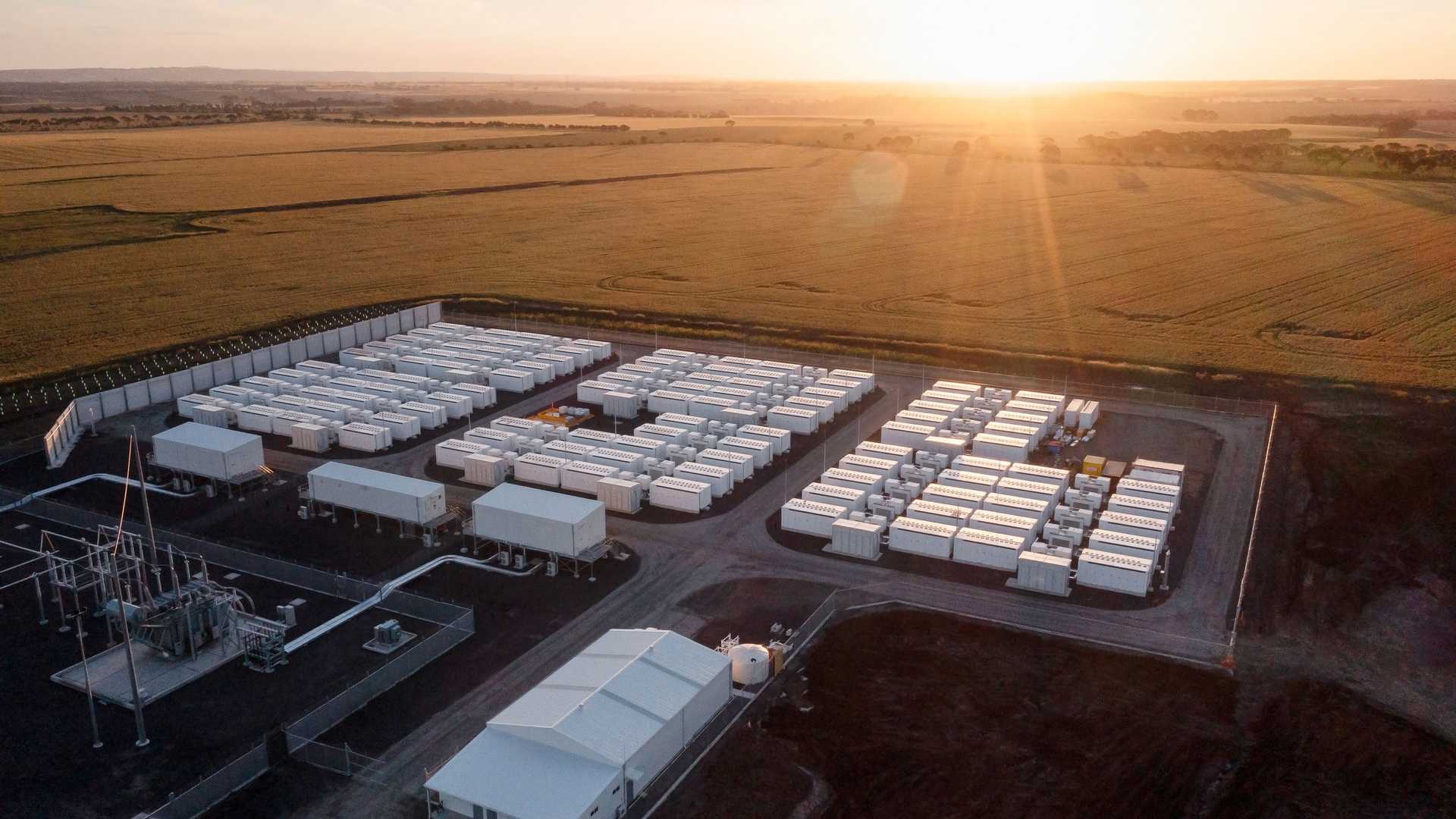
- Tesla car sales took a dip last quarter, but its home power packs are selling well.
- Tesla's energy storage business is hitting record after record, even though it too suffered a revenue drop.
- With a new Megapack factory ramping up in Shanghai, Tesla hopes to become a leader in China, the world's biggest market for energy storage.
Tesla revealed its second consecutive declining quarterly results, which confirmed all those declining sales reports from major markets around the world. Revenue was down 16% year-over-year in the second quarter of 2025, causing the stock price to fall by around 5%, marking a drop of almost 20% this year. However, even as its car business shrinks, the company's energy storage unit is quietly booming.
The EV manufacturer’s Tesla Energy division, which basically sells big batteries used for stationary applications, has had a been steadily growing over the last few years, and it’s expected to keep growing. In 2023, it only accounted for around 6% of Tesla’s revenue. But its deployment more than doubled in the first three months of 2024, according to Reuters, reaching 9.4 gigawatt-hours and accounting for almost 12% of its earnings that quarter.
It's no wonder why an analyst note from Morgan Stanley concluded in may that Tesla's car business is actually overvalued while its energy business is undervalued.
That may come from Tesla executives downplaying the importance of its energy business. CEO Elon Musk has long sought to draw attention to Tesla's shift from an electric car manufacturer to a self-driving tech and AI company. In yesterday’s Q2 2025 earnings report, Tesla started by saying that the quarter had been “a seminal point in Tesla’s history: the beginning of our transition from leading the electric vehicle and renewable energy industries to also becoming a leader in AI, robotics.”
But the company admitted in its earnings release that “the energy business is more critical than ever,” adding that “trailing twelve-month energy storage deployments achieved their 12th consecutive quarterly record.” Its financial summary lists a 7% year-over-year decrease in “energy generation and storage revenue” in Q2, however, attributing the decline to a lower average selling price.
It actually recorded growth in energy generation and storage gross profit, which reached $846 million, and it expects it to grow further as it ramps up Megapack production at its new Shanghai factory. The Megapack is a giant 3.9 megawatt-hour battery (equivalent to around 52 long-range Model 3s), which holds enough power to supply 3,600 homes, per Tesla. The company says it’s an infinitely scalable solution, meaning there isn’t a limit to how many can be linked together.
Tesla also sells the smaller Powerwall, which in its most recent (third) iteration has a usable energy capacity of 13.5 kilowatt-hours and can supply 5 kW of constant power for household and business needs. Just like the Megapack, Powerwalls can also be linked together to increase storage capacity as needed.
Tesla hopes to increase sales of both the Megapack and the Powerwall. It produces Powerwalls primarily at its Nevada Gigafactory, while Megapacks are made at its Megafactory in Lathrop, California. It shipped its first Shanghai-built Megapack in March, and it wants to ramp up production to the facility’s maximum annual capacity of 10,000 units.
The market for energy storage is projected to grow consistently by the end of the decade. BloombergNEF estimates an annual deployment rate of 442 gigawatt-hours and a yearly growth rate of 21% based on 2024 values. Much of the growth will be driven by China, followed by the United States, where Texas in particular is seen as the main market driver.
In its financial 10-K statement published at the end of 2024, Tesla said its gross profit margins from selling energy storage had risen from 18.9% to 26.2%, while for cars, the climb was more modest, going from 16.9% and 18.4%. Making big batteries is simpler than making cars, which are among the most difficult consumer goods to engineer and bring to market, and the shift to LFP technology for energy storage will improve profitability further. That's a big win for Tesla, at a time when the company really needs to score some points with consumers and shareholders.







